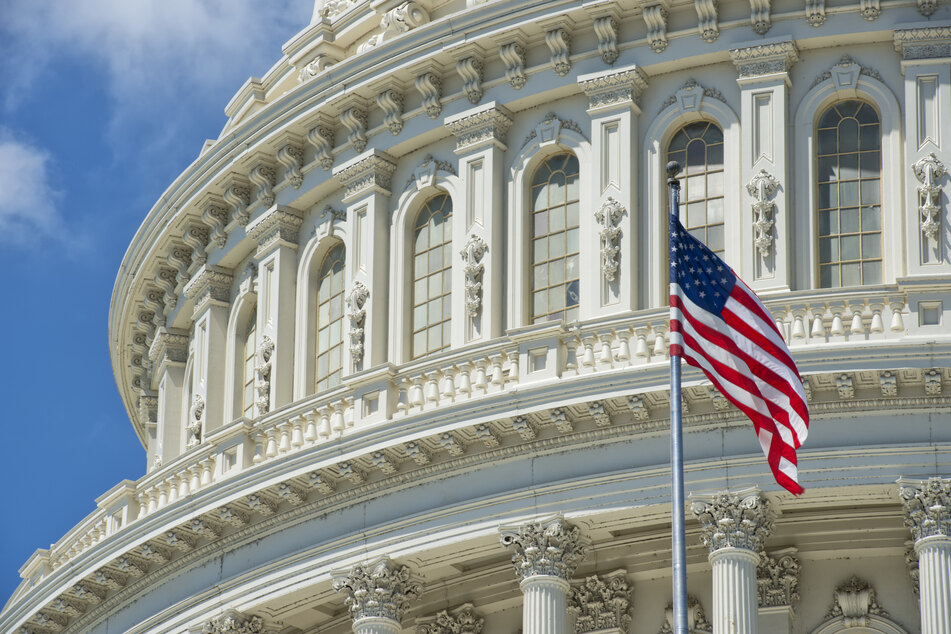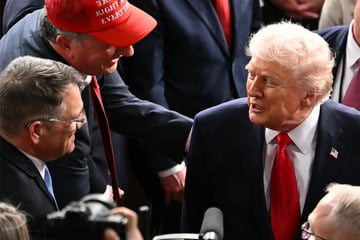US House introduces its own scientific funding bills and criticizes Senate's focus on China
Washington DC – The US House on Monday passed two bills to boost scientific research and development, diverging from the Senate's own path toward innovation primarily focused on competing with China.

Earlier in June, the Senate voted decisively in favor of the Endless Frontier Act, which calls for $52 billion in subsidies for semiconductor manufacturing firms as well as an additional $195 billion for research and development in the areas of artificial intelligence, robotics, quantum computing, and more.
The Senate's industrial policy bill, which received strong bipartisan support, is aimed at boosting competitiveness with China, borrowing several of the Beijing's own 2025 Made in China measures in order to do so.
But the House is taking a different tack. They are calling to double funding over the next five years for National Science Foundation research initiatives, as well as increasing funding for the Energy Department's Office of Science by 7%, the New York Times reported.
House lawmakers argued that the Senate version placed too much emphasis on copying China's own actions, doing away with the $52 billion in subsidies for semiconductor firms and other trade provisions. The House version also scratches plans to establishing various tech hubs in cities across the country.
"If we are to remain the world leader in science and technology, we need to act now," said House Science Committee Chairwoman Eddie Bernice Johnson. "But we shouldn’t act rashly. Instead of trying to copy the efforts of our emerging competitors, we should be doubling down on the proven innovation engines we have at the National Science Foundation and the Department of Energy."
Biden, who had said he wanted to sign the Senate legislation "as soon as possible," now says he "looks forward to continuing to work with the House and the Senate in producing a final bill."
Cover photo: 123RF/Andrea Izzotti
